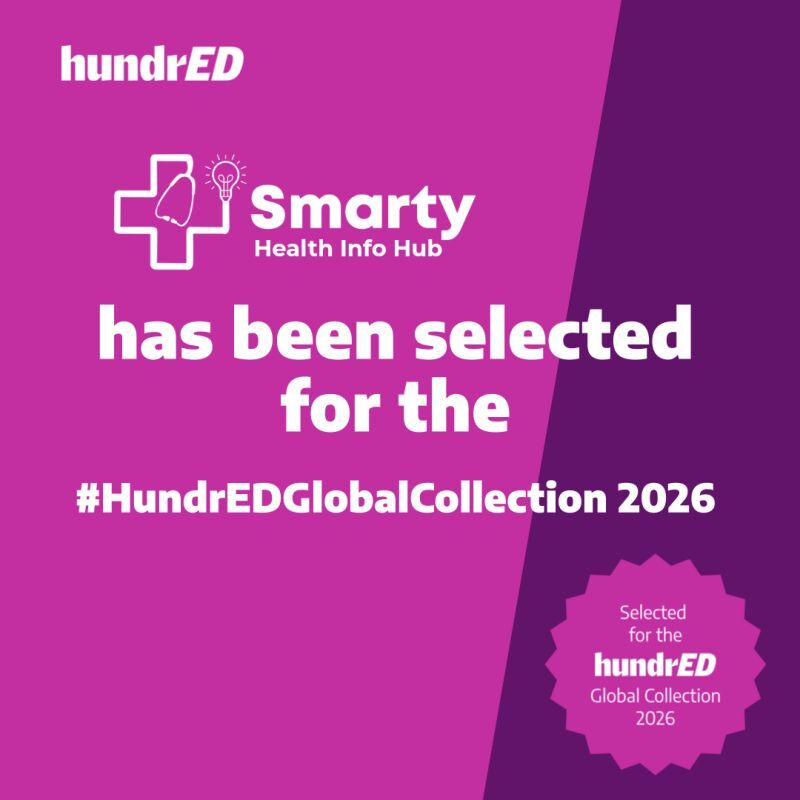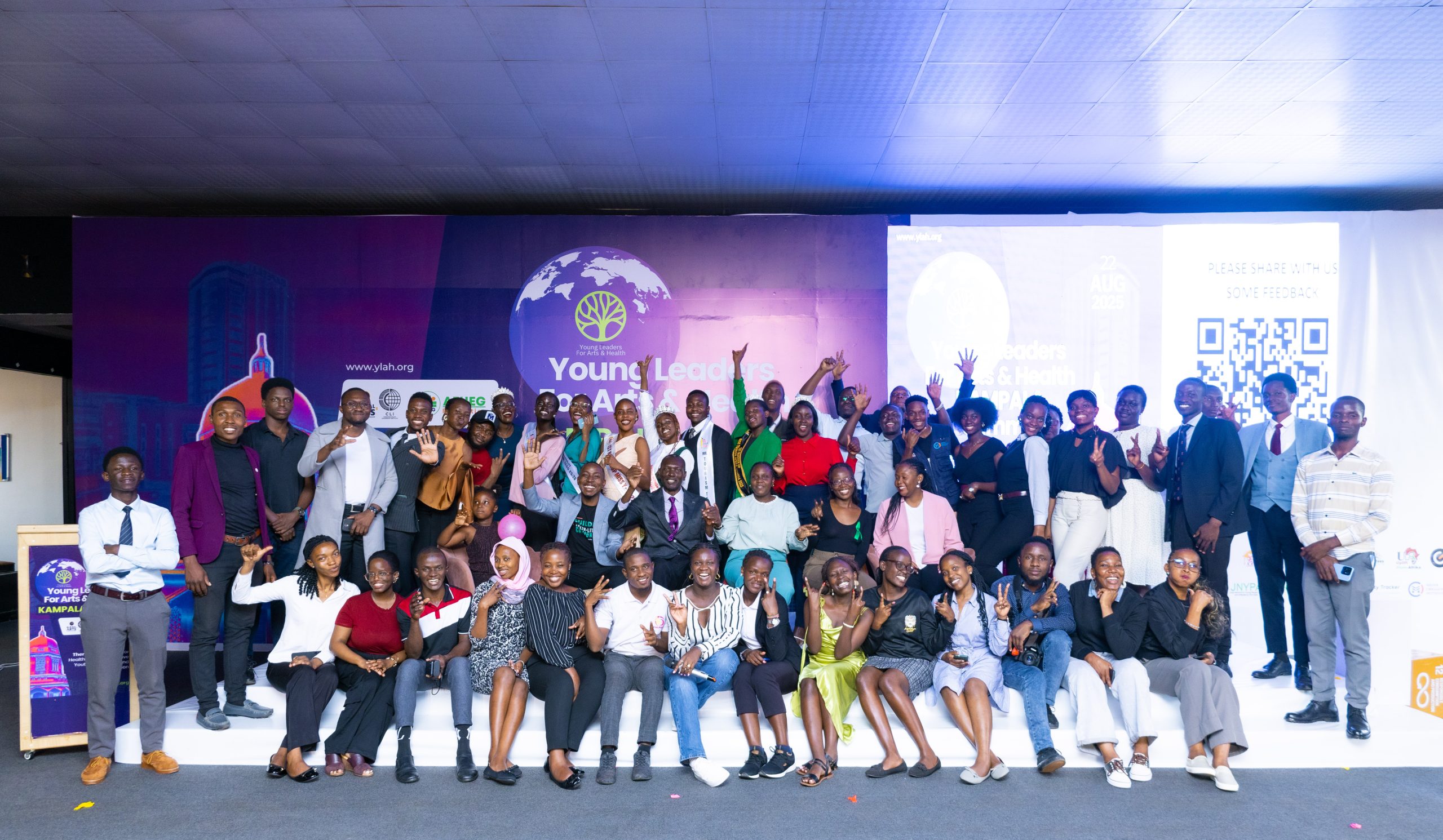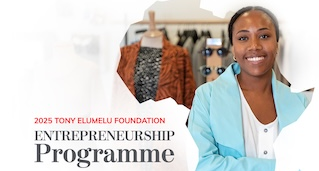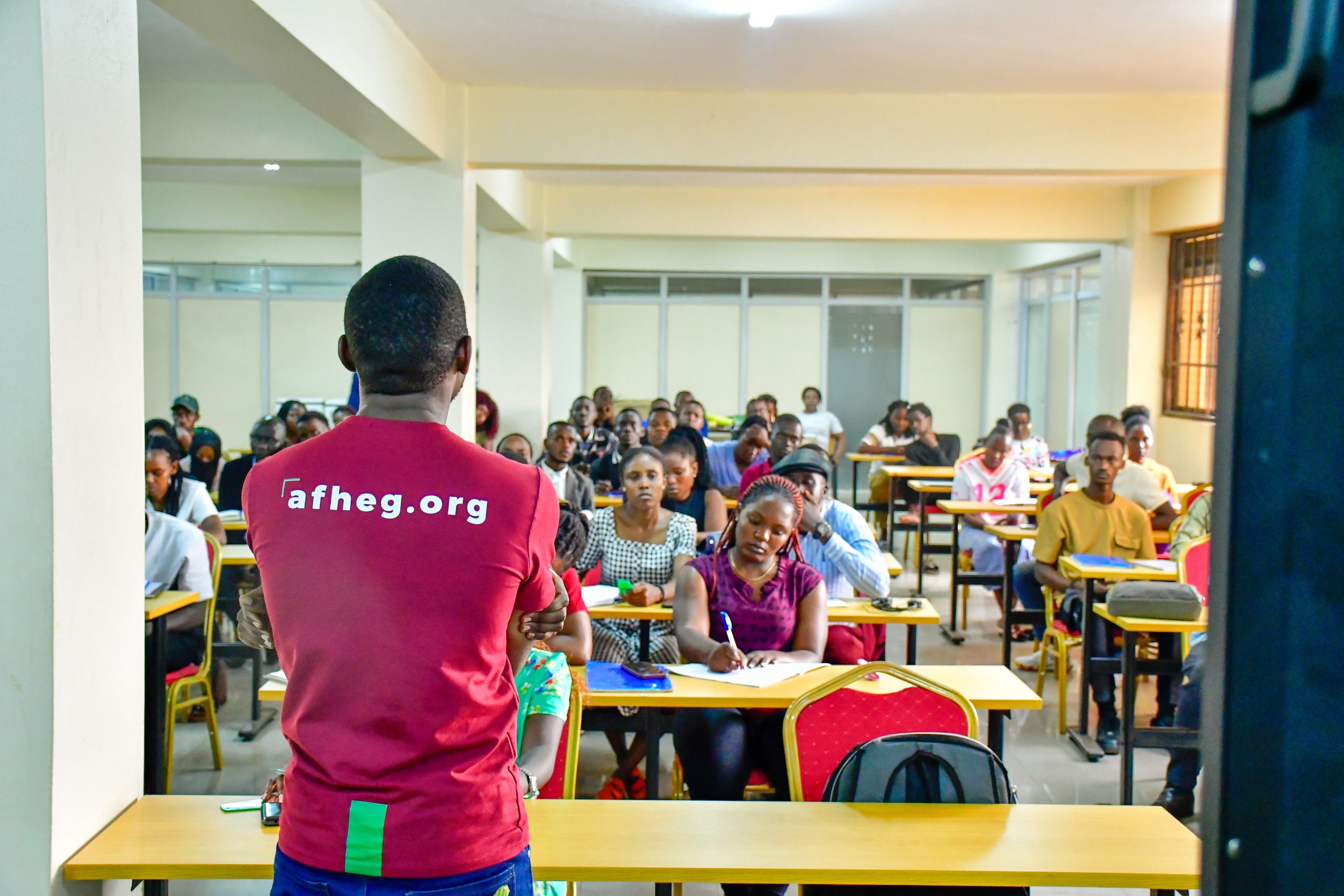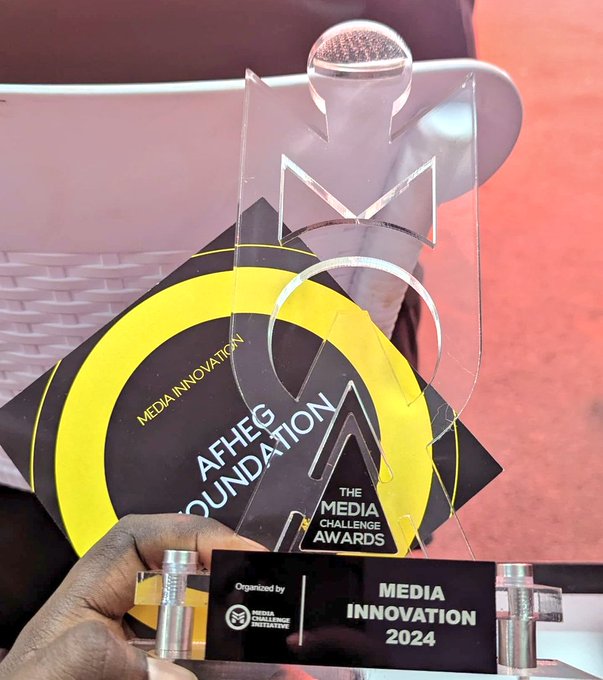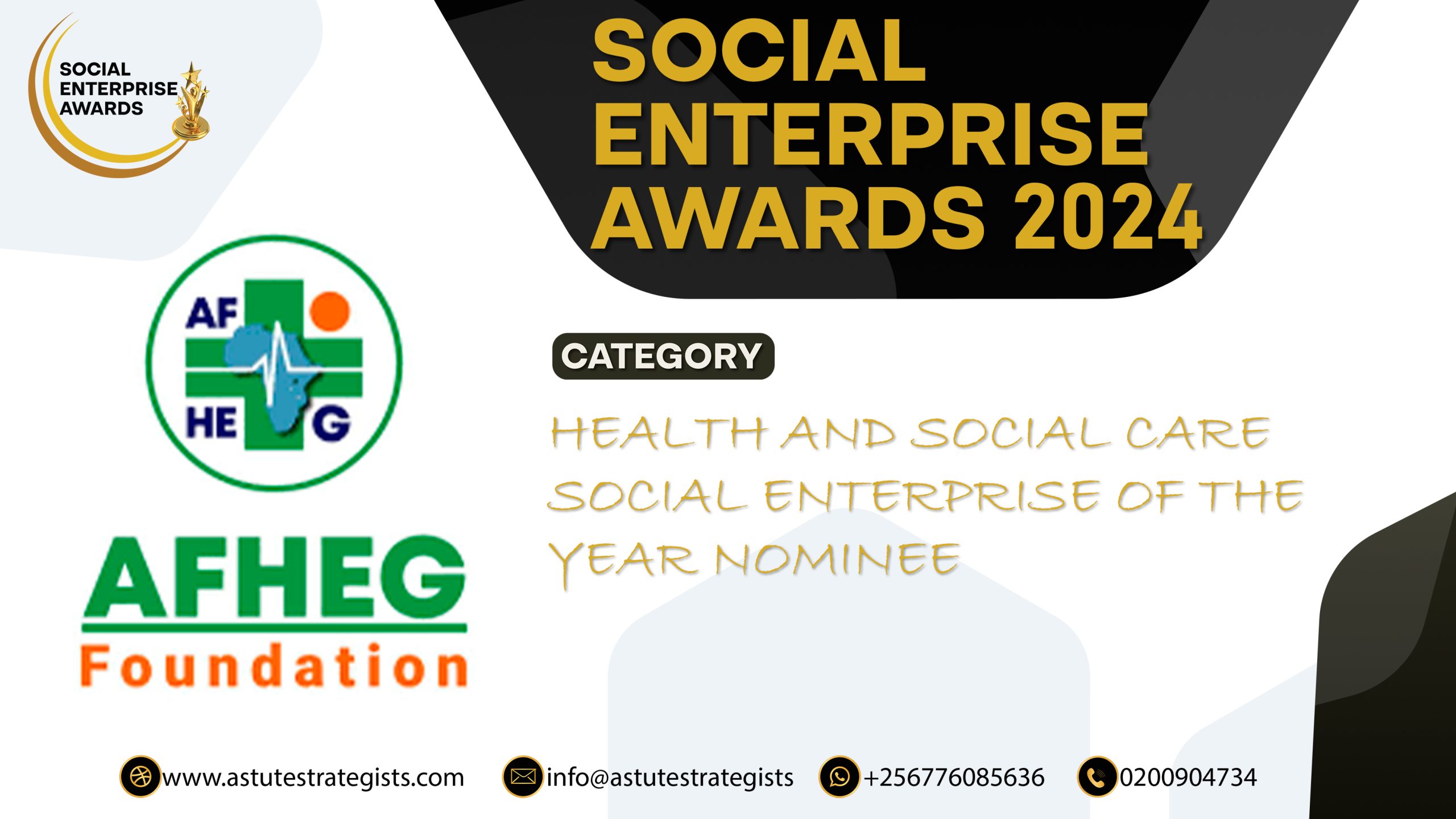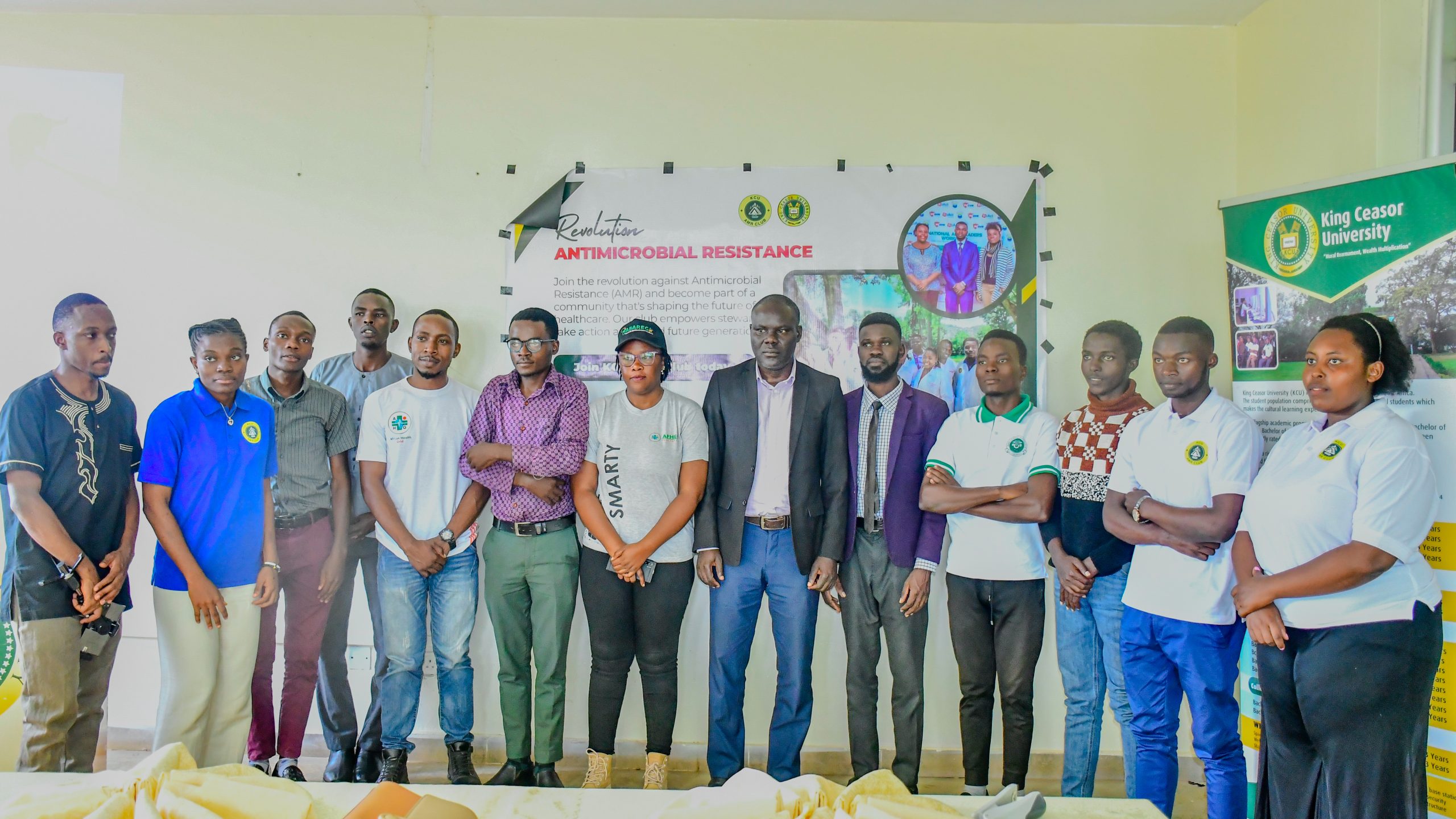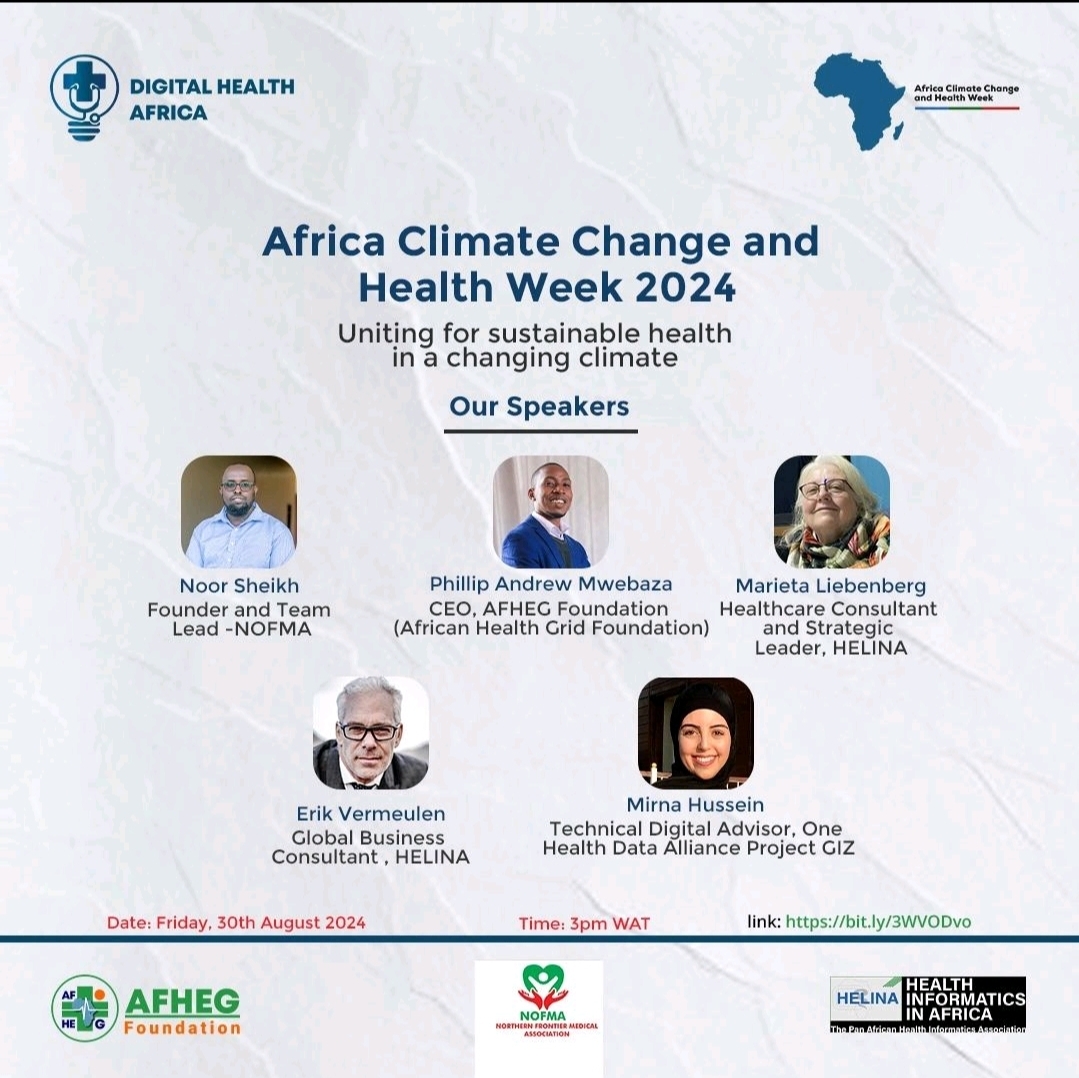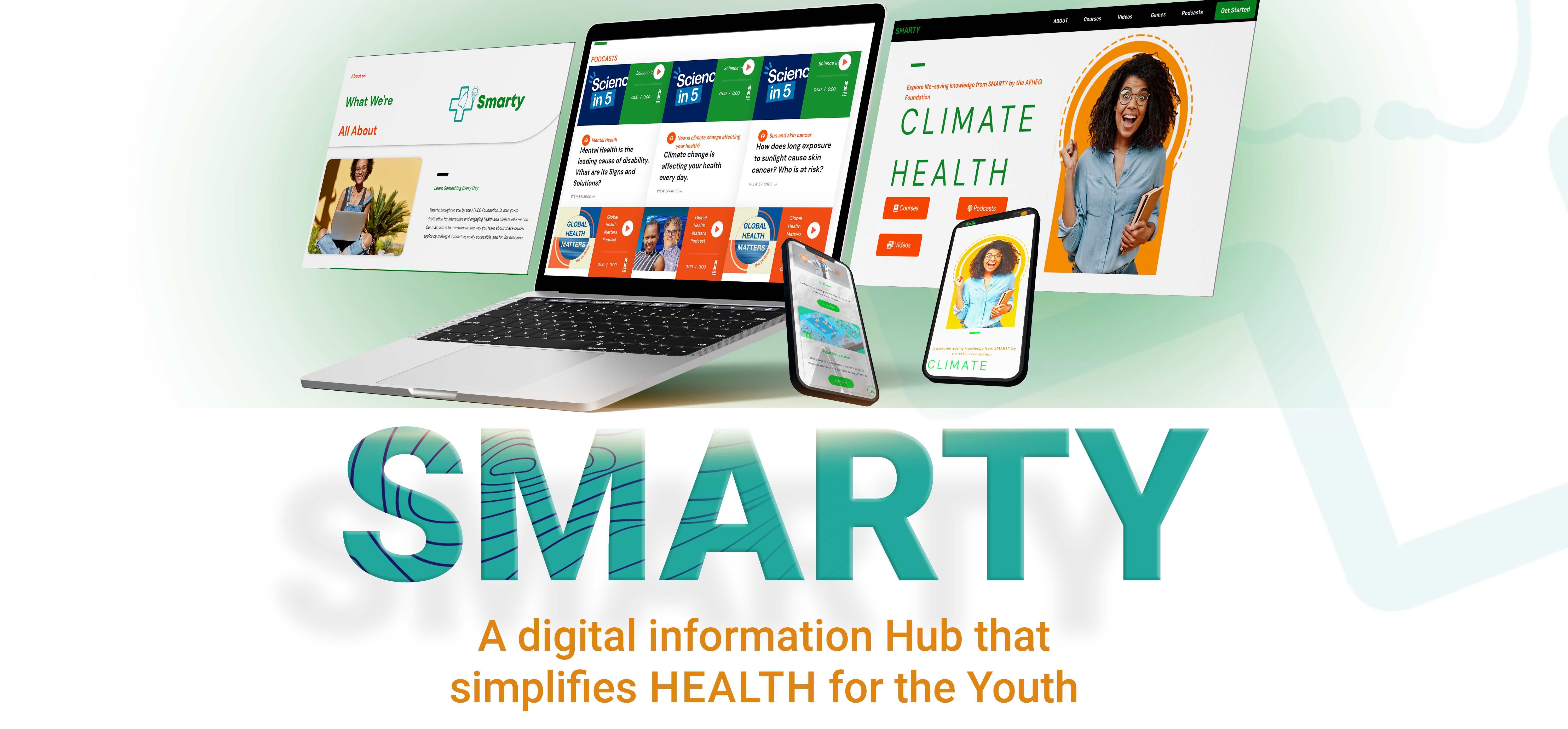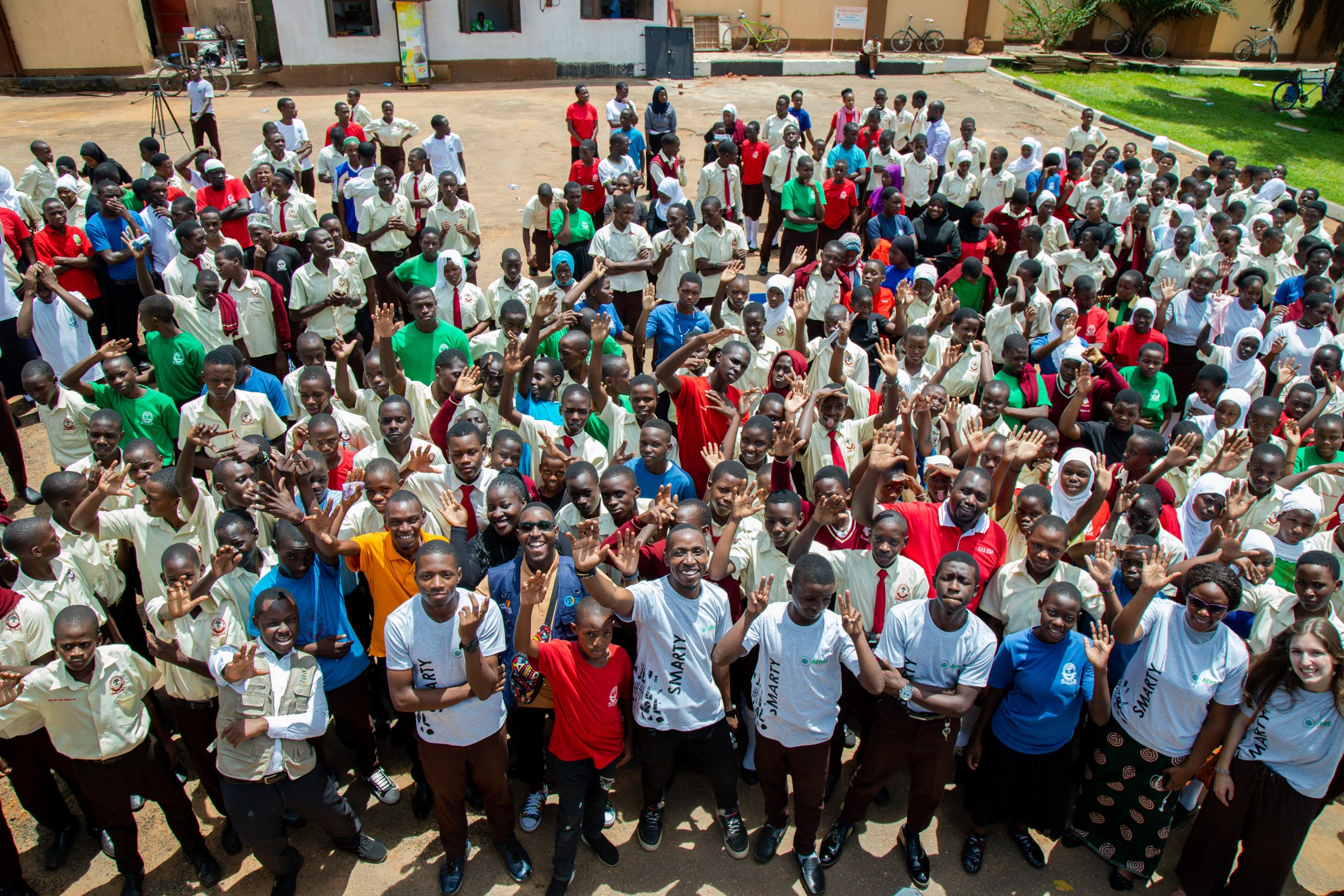Smarty Health Info Hub Featured in HundrED Global Collection 2026
At the end of 2025, we had a win that fills us with pride and renewed energy for the year ahead.
We are thrilled to announce that Smarty Health Info Hub, our innovative digital platform developed by AFHEG Foundation, has been selected as one of the Top 100 education innovations to watch in 2026 by HundrED, the leading global organisation dedicated to discovering and promoting impactful education solutions worldwide.
The HundrED Global Collection 2026 highlights 100 of the most creative, scalable, and effective innovations from around the world. After receiving hundreds of submissions and a rigorous review process by an international academy of educators, researchers, and experts, Smarty earned its place among them. This recognition is a powerful testament to our mission to empower young people with accurate, engaging tools to understand and act on the vital connection between climate change and health.
In a time when misinformation spreads quickly, young Ugandans need reliable knowledge more than ever. Smarty delivers exactly that through fun gamified learning, animated videos, podcasts, short courses, infographics, and interactive community features. Young people explore topics like antimicrobial resistance, disease prevention, mental wellness, nutrition, and how floods, heatwaves, and droughts affect health, all in a way that feels relevant, exciting, and made for them.
The platform was designed with youth input, using simple language, local examples, and creative storytelling to make health and climate education inclusive and enjoyable. Thousands are already playing, learning, and sharing what they discover with their families and communities.
This milestone belongs to every young person who has engaged with Smarty, every volunteer who has helped test and shape content, and every partner who has supported our vision. It also reflects the tireless dedication of our team lead, Phillip Andrew Mwebaza, whose leadership has guided this journey from the beginning.
The full HundrED Global Collection 2026 report is now available. We invite you to download it and see Smarty alongside other remarkable innovations shaping the future of education.
Download the HundrED Global Collection 2026 report here.
This achievement motivates us to keep growing. Smarty is free, open, and ready for more young people to join.
Play a game, complete a course, share it with a friend, or volunteer to help us expand this powerful tool even further.
Start exploring Smarty today
Thank you for being part of this journey. Together, we are building a healthier, more climate-aware generation.
